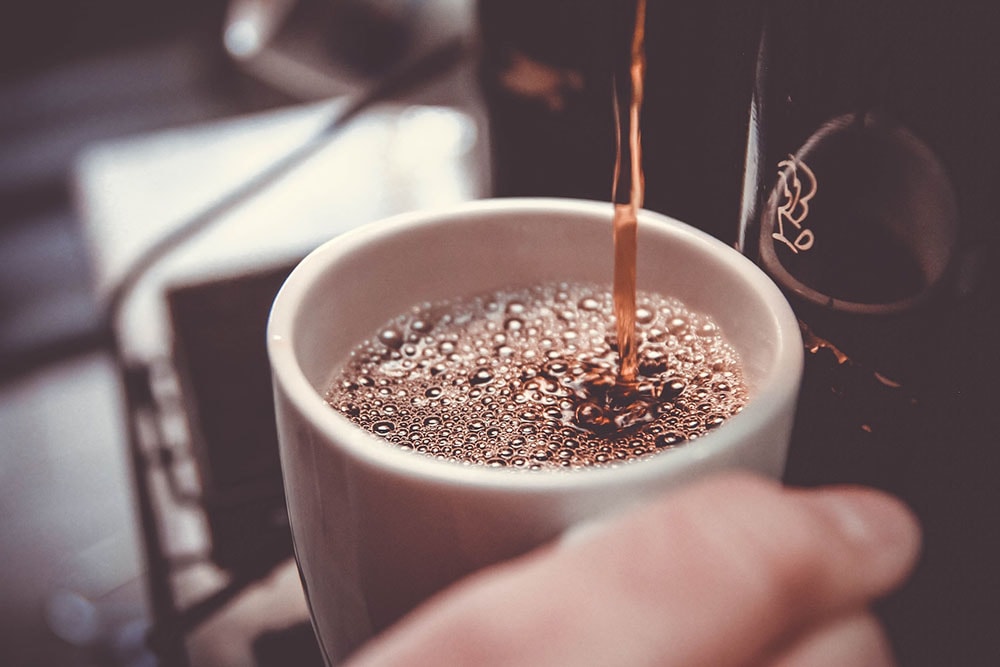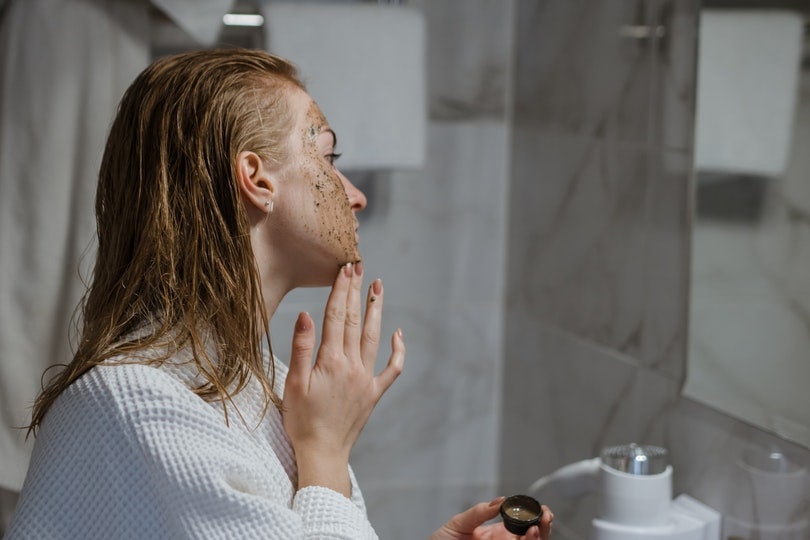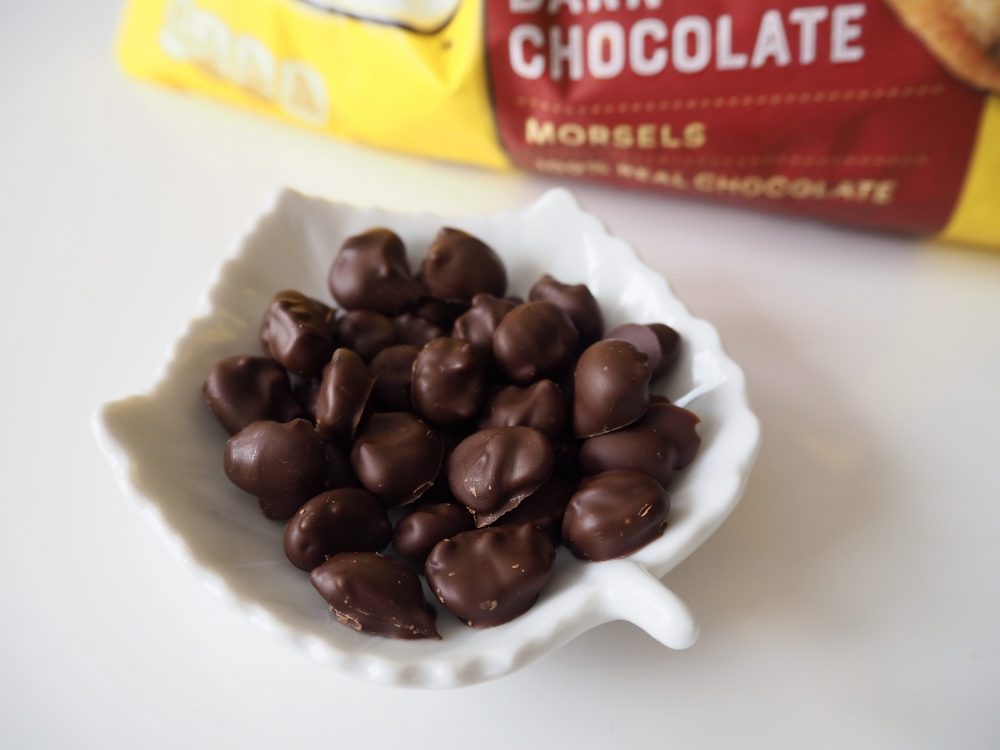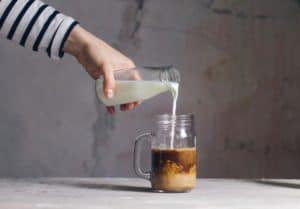
The garbage disposal takes a lot of abuse over the course of a week. It handles large, dense foods with aplomb, so it is understandable that a lot of people believe it is capable of dealing with something as seemingly simple as coffee grounds. But, while the waste disposal system itself can cope with the grounds, they don’t break down when wet and actually increase in size. As they expand, they will also combine with grease and other substances and cause blockages in the pipework below your waste disposal system. In particular, they can wreak havoc with the U-shaped kitchen sink pipe. Putting coffee grounds down your garbage disposal is not a good idea.
Read on for more information on how to dispose of coffee grounds and other potential uses that you could be missing out on if you do attempt to throw them down the sink.
Can You Put Coffee Grounds Down the Garbage Disposal?
Coffee grounds will easily pass through the garbage disposal system, and they smell great as they do so, but they can, and often do, cause havoc with the plumbing. The grounds combine with grease and fat, causing a blockage. And as other foodstuffs attempt to pass, they also combine to create pipe-bocking balls of leftover food and waste. So, as easy as it would be to throw the grounds down the sink, you should avoid the temptation.
Top 5 Uses for Used Coffee Grounds
Throwing coffee grounds down the garbage disposal also means that you are missing out on a surprisingly long list of ways that you can use this by-product of homemade coffee. Such potential uses include:
1. Compost

Perhaps the easiest use of coffee grounds is to throw them in the compost. Homemade compost can take everything from crushed up eggshells to leftover food waste and it can then be used to fertilize your garden, so it could potentially create some brand-new food through its use in a veggie patch or to encourage even greater growth from your fruit trees. The good news for heavy coffee drinkers is that research suggests that the more coffee grounds the better. Compost consisting of 40% coffee grounds was better for the garden than compost with 0%, 10%, and 20% coffee.
2. Fertilizer

While some food and general waste needs to rot before it can be used as fertilizer, this is not true of coffee grounds. They can go straight into the soil and benefit the garden. Coffee grounds absorb heavy metals that could prevent plants from growing. They also contain a variety of minerals that are good for the garden, from nitrogen to magnesium and chromium. They even attract worms, which are incredibly beneficial to your soil.
3. Bug Repellent

While worms are clearly coffee lovers, the same isn’t true of insects—or, at least, some insects. In particular, mosquitos find coffee grounds toxic. You could cover yourself in coffee grounds or, perhaps better yet, set up bowls of coffee grounds around the seating area in your garden. Slugs and snails also dislike the grounds, so you can scatter them around your hostas, lettuce leaves, and other plants that naturally attract these leaf-eating pests.
4. Odor Neutralizer

Coffee grounds smell great, and it isn’t just coffee lovers that think so. For years, realtors and estate agents have encouraged homeowners to brew pots of homemade coffee before visitors come to view the property because it gives a warm and homely essence. But, it turns out, that there could be more to the practice than first meets the nose. The nitrogen that makes coffee grounds so good for plants is also a great odor neutralizer. It combines with carbon to eliminate sulfur smells that can be generated from old, stale food and sweat. Again, you might not want to wear it as a deodorant, but you can place a bowl in the fridge or clean your gym bag out with used coffee grounds.
5. Abrasive Cleaner

Another feature of coffee grounds is that they are abrasive. Rubbing them on pots and pans or using them to scour your sink can help get rid of old stains and remove hardened dirt. However, do not use them on porous surfaces, or they will stain that surface brown, which kind of defeats the object. This same abrasiveness can also benefit your skin. It exfoliates, which essentially means that it removes dead skin cells as well as dirt—yet another good reason to rub used coffee all over yourself.
Conclusion
Coffee grounds smell good and have a surprisingly wide range of uses, from garden fertilizer to deodorizing odor neutralizer. It’s also very effective at blocking the pipes under the garbage disposal system, which is why you should not put ground coffee down the sink or the waste disposal. Throw them in the trash if you must, or put your grounds to greater use by using one of the techniques above.
Featured Image Credit: RasaBasa, Shutterstock















